JAPAN'S FORCED LABOR AND UNKEPT PROMISES
입력 2019.12.04 (14:56)
수정 2019.12.04 (16:45)
읽어주기 기능은 크롬기반의
브라우저에서만 사용하실 수 있습니다.
[Anchor Lead]
Back in 2015, Japan inscribed 23 World Heritage sites including seven facilities where Koreans were forced to work for Japan. Facing strong protests, Japan acknowledged forced conscription and promised to build a facility in honor of the victims. It has been four years now, but Japan has not kept its promise yet.
[Pkg]
In 2015, Japan pushed for the inscription of the Battleship Island, or Gunhamdo in Korean, as a World Heritage site. The move triggered protest even from the U.S. House of Representatives, which urged Japan to acknowledge the wartime conscription of prisoners of war as forced laborers. The World Heritage Committee advised that Japan come up with ways to publicize the history of the facilities in question and even included its recommendation in its decision to inscribe the facilities as World Heritage sites. At the time, Japan acknowledged wartime forced conscription of laborers in front of the committee's member-nations and promised to build an information center to honor the victims. But a report submitted by Japan two years later ran counter to its promise. It said that the laborers were employed for industrial support and denied forced conscription. It also added that the information center would be built not on the Battleship Island, but in Tokyo, one thousand kilometers away, as a think tank intended for researchers rather than for the public. Back in June, the World Heritage Committee advised that Japan fulfill its promise made in 2015 and discuss it with the involved nations. Two days ago, Japan issued a new report, but nothing has changed. Japan claims it never received any demands regarding forced labor.
[Soundbite] TOSHIMITSU MOTEGI(JAPANESE FOREIGN MINISTER(DEC. 3)) : "We were not required by the World Heritage Committee to report on forced laborers from the Korean Peninsula."
The Korean government expressed strong regret and urged Japan to deliver on its promise. However, Japan is not legally bound to implement it, and it would be difficult to scrap the inscription of its World Heritage sites. So far, there are only two cases of cancellation of World Heritage status, and the reason of cancellation was poor preservation of the inscribed sites.
Back in 2015, Japan inscribed 23 World Heritage sites including seven facilities where Koreans were forced to work for Japan. Facing strong protests, Japan acknowledged forced conscription and promised to build a facility in honor of the victims. It has been four years now, but Japan has not kept its promise yet.
[Pkg]
In 2015, Japan pushed for the inscription of the Battleship Island, or Gunhamdo in Korean, as a World Heritage site. The move triggered protest even from the U.S. House of Representatives, which urged Japan to acknowledge the wartime conscription of prisoners of war as forced laborers. The World Heritage Committee advised that Japan come up with ways to publicize the history of the facilities in question and even included its recommendation in its decision to inscribe the facilities as World Heritage sites. At the time, Japan acknowledged wartime forced conscription of laborers in front of the committee's member-nations and promised to build an information center to honor the victims. But a report submitted by Japan two years later ran counter to its promise. It said that the laborers were employed for industrial support and denied forced conscription. It also added that the information center would be built not on the Battleship Island, but in Tokyo, one thousand kilometers away, as a think tank intended for researchers rather than for the public. Back in June, the World Heritage Committee advised that Japan fulfill its promise made in 2015 and discuss it with the involved nations. Two days ago, Japan issued a new report, but nothing has changed. Japan claims it never received any demands regarding forced labor.
[Soundbite] TOSHIMITSU MOTEGI(JAPANESE FOREIGN MINISTER(DEC. 3)) : "We were not required by the World Heritage Committee to report on forced laborers from the Korean Peninsula."
The Korean government expressed strong regret and urged Japan to deliver on its promise. However, Japan is not legally bound to implement it, and it would be difficult to scrap the inscription of its World Heritage sites. So far, there are only two cases of cancellation of World Heritage status, and the reason of cancellation was poor preservation of the inscribed sites.
■ 제보하기
▷ 카카오톡 : 'KBS제보' 검색, 채널 추가
▷ 전화 : 02-781-1234, 4444
▷ 이메일 : kbs1234@kbs.co.kr
▷ 유튜브, 네이버, 카카오에서도 KBS뉴스를 구독해주세요!
- JAPAN'S FORCED LABOR AND UNKEPT PROMISES
-
- 입력 2019-12-04 15:02:48
- 수정2019-12-04 16:45:15
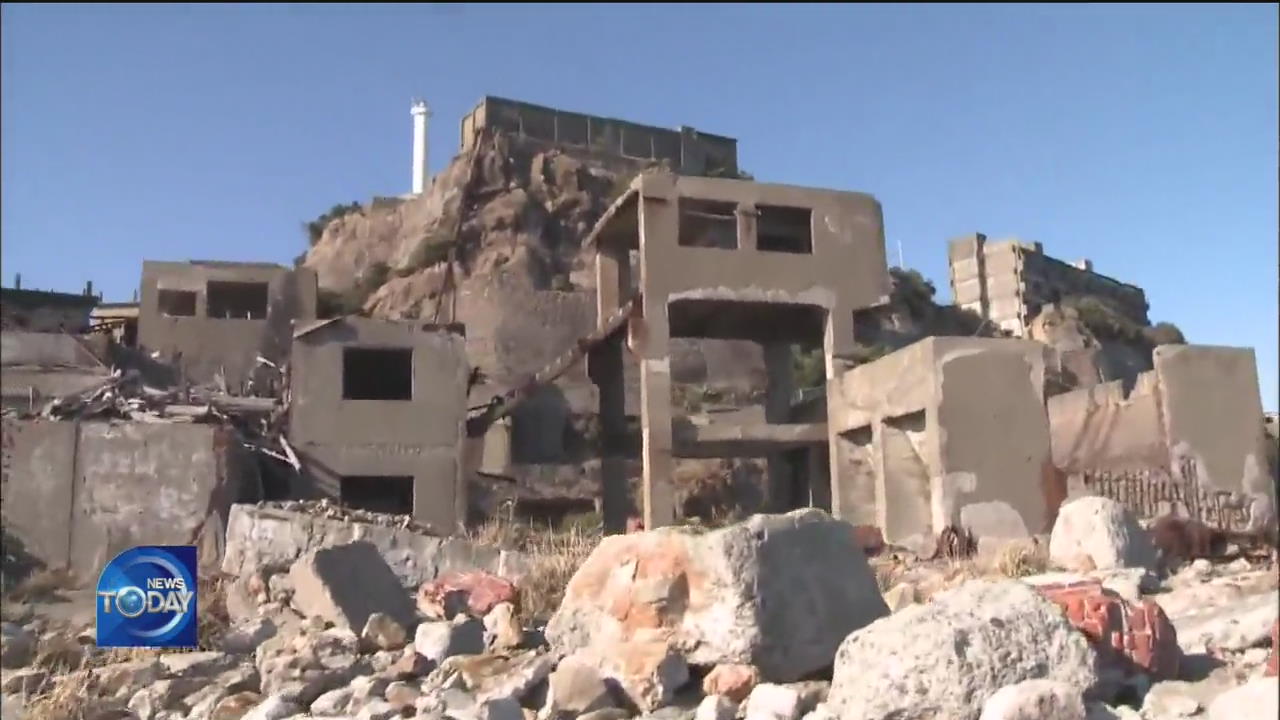
[Anchor Lead]
Back in 2015, Japan inscribed 23 World Heritage sites including seven facilities where Koreans were forced to work for Japan. Facing strong protests, Japan acknowledged forced conscription and promised to build a facility in honor of the victims. It has been four years now, but Japan has not kept its promise yet.
[Pkg]
In 2015, Japan pushed for the inscription of the Battleship Island, or Gunhamdo in Korean, as a World Heritage site. The move triggered protest even from the U.S. House of Representatives, which urged Japan to acknowledge the wartime conscription of prisoners of war as forced laborers. The World Heritage Committee advised that Japan come up with ways to publicize the history of the facilities in question and even included its recommendation in its decision to inscribe the facilities as World Heritage sites. At the time, Japan acknowledged wartime forced conscription of laborers in front of the committee's member-nations and promised to build an information center to honor the victims. But a report submitted by Japan two years later ran counter to its promise. It said that the laborers were employed for industrial support and denied forced conscription. It also added that the information center would be built not on the Battleship Island, but in Tokyo, one thousand kilometers away, as a think tank intended for researchers rather than for the public. Back in June, the World Heritage Committee advised that Japan fulfill its promise made in 2015 and discuss it with the involved nations. Two days ago, Japan issued a new report, but nothing has changed. Japan claims it never received any demands regarding forced labor.
[Soundbite] TOSHIMITSU MOTEGI(JAPANESE FOREIGN MINISTER(DEC. 3)) : "We were not required by the World Heritage Committee to report on forced laborers from the Korean Peninsula."
The Korean government expressed strong regret and urged Japan to deliver on its promise. However, Japan is not legally bound to implement it, and it would be difficult to scrap the inscription of its World Heritage sites. So far, there are only two cases of cancellation of World Heritage status, and the reason of cancellation was poor preservation of the inscribed sites.
Back in 2015, Japan inscribed 23 World Heritage sites including seven facilities where Koreans were forced to work for Japan. Facing strong protests, Japan acknowledged forced conscription and promised to build a facility in honor of the victims. It has been four years now, but Japan has not kept its promise yet.
[Pkg]
In 2015, Japan pushed for the inscription of the Battleship Island, or Gunhamdo in Korean, as a World Heritage site. The move triggered protest even from the U.S. House of Representatives, which urged Japan to acknowledge the wartime conscription of prisoners of war as forced laborers. The World Heritage Committee advised that Japan come up with ways to publicize the history of the facilities in question and even included its recommendation in its decision to inscribe the facilities as World Heritage sites. At the time, Japan acknowledged wartime forced conscription of laborers in front of the committee's member-nations and promised to build an information center to honor the victims. But a report submitted by Japan two years later ran counter to its promise. It said that the laborers were employed for industrial support and denied forced conscription. It also added that the information center would be built not on the Battleship Island, but in Tokyo, one thousand kilometers away, as a think tank intended for researchers rather than for the public. Back in June, the World Heritage Committee advised that Japan fulfill its promise made in 2015 and discuss it with the involved nations. Two days ago, Japan issued a new report, but nothing has changed. Japan claims it never received any demands regarding forced labor.
[Soundbite] TOSHIMITSU MOTEGI(JAPANESE FOREIGN MINISTER(DEC. 3)) : "We were not required by the World Heritage Committee to report on forced laborers from the Korean Peninsula."
The Korean government expressed strong regret and urged Japan to deliver on its promise. However, Japan is not legally bound to implement it, and it would be difficult to scrap the inscription of its World Heritage sites. So far, there are only two cases of cancellation of World Heritage status, and the reason of cancellation was poor preservation of the inscribed sites.
이 기사가 좋으셨다면
-
좋아요
0
-
응원해요
0
-
후속 원해요
0










![[HEADLINE]](https://news.kbs.co.kr/data/news/2019/12/04/4336676_10.jpg)
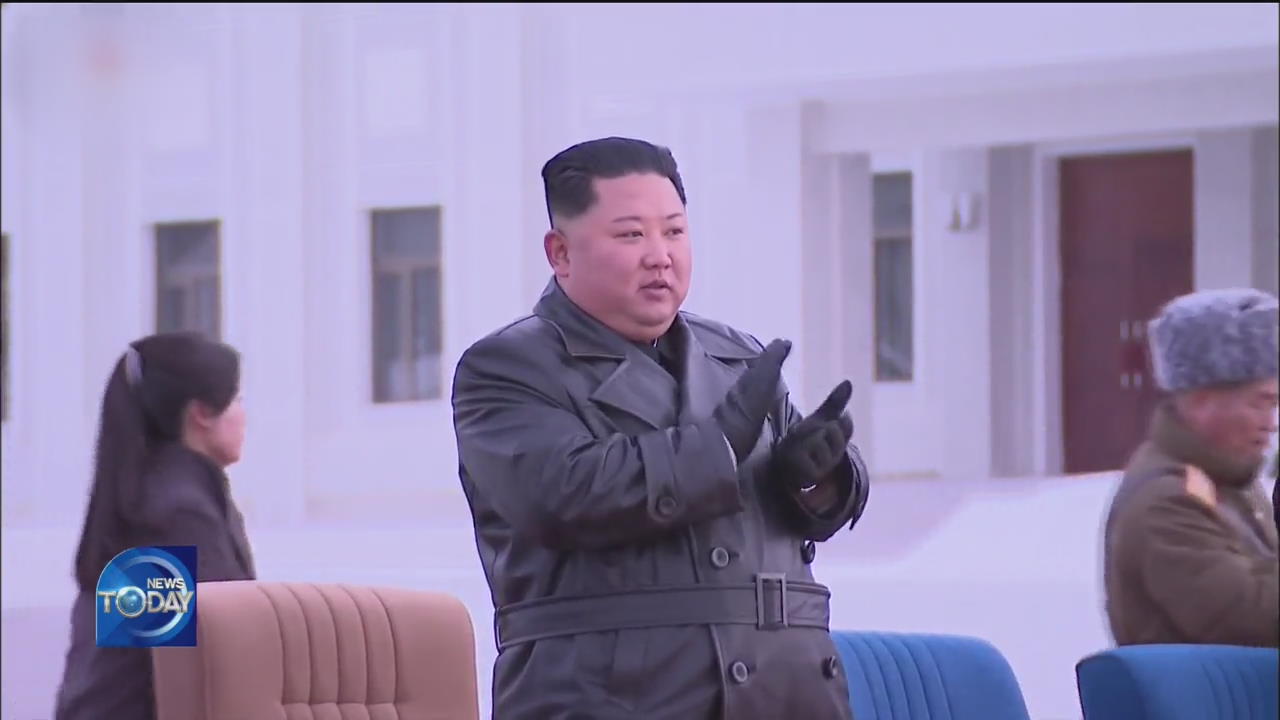
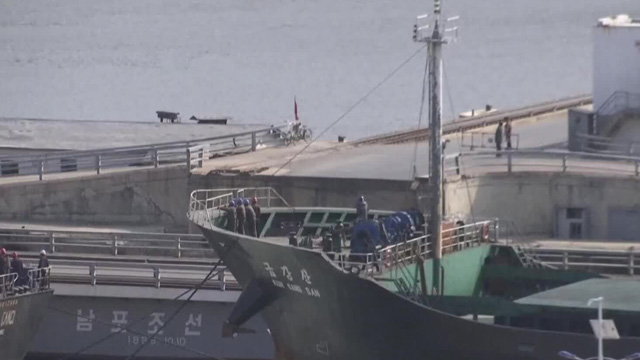
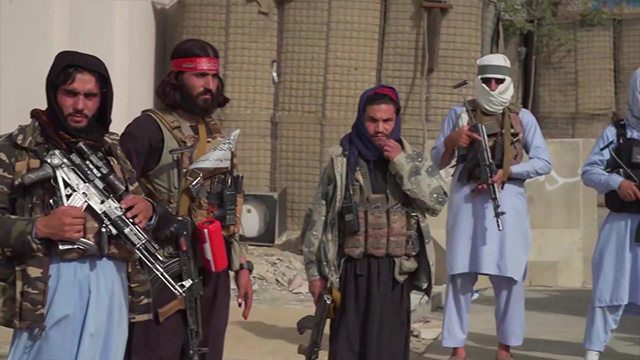
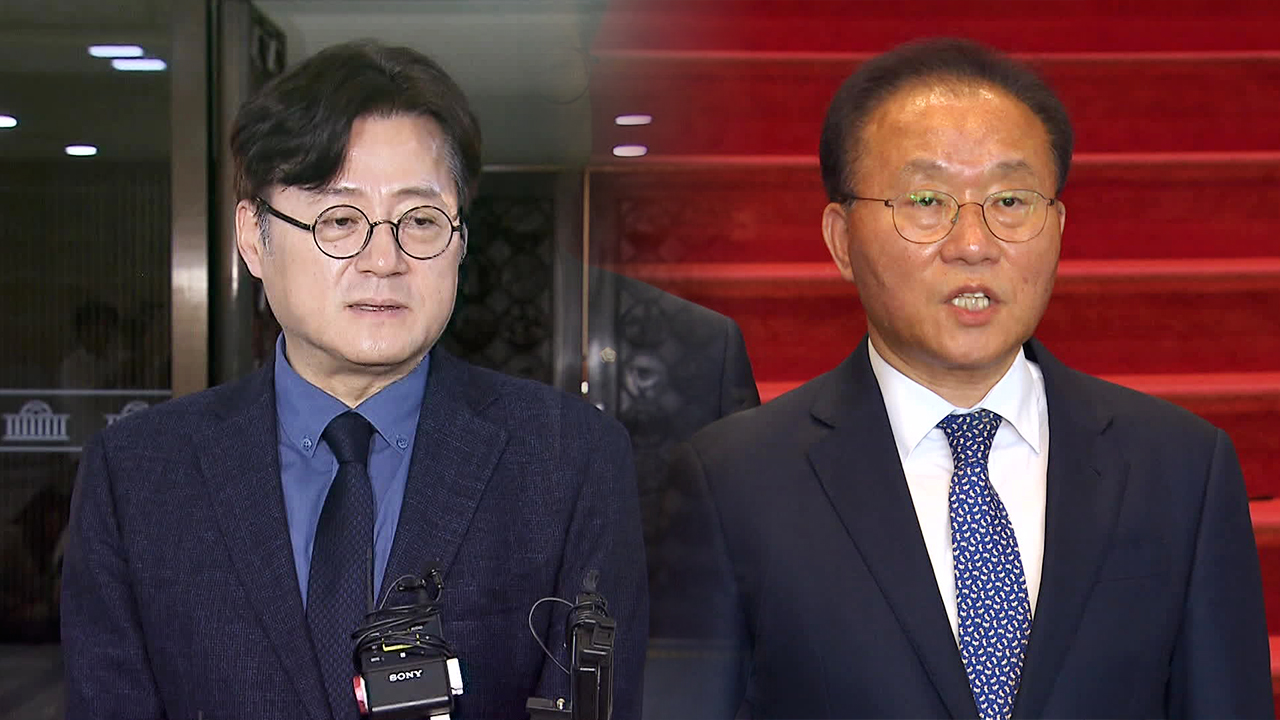
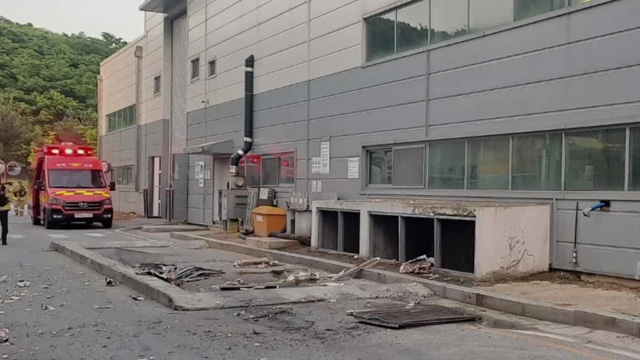

이 기사에 대한 의견을 남겨주세요.